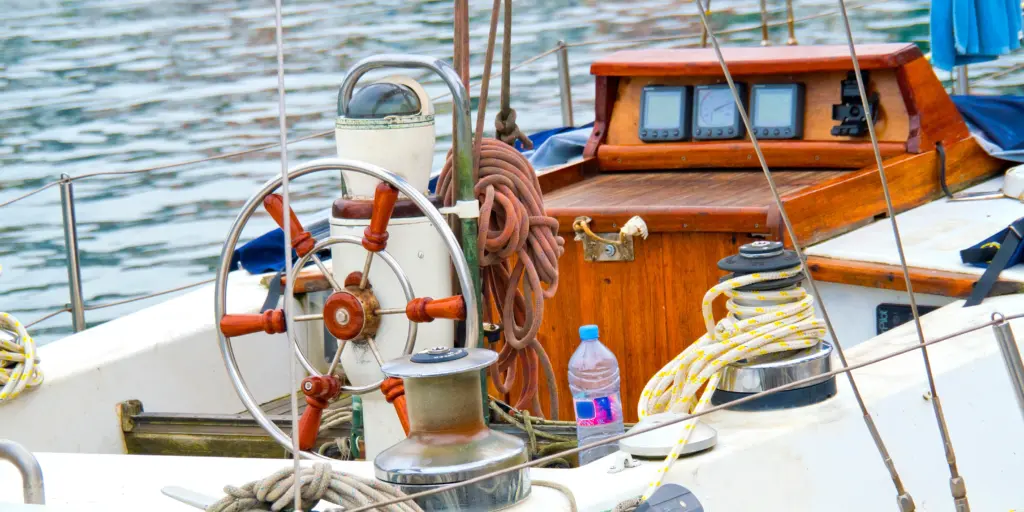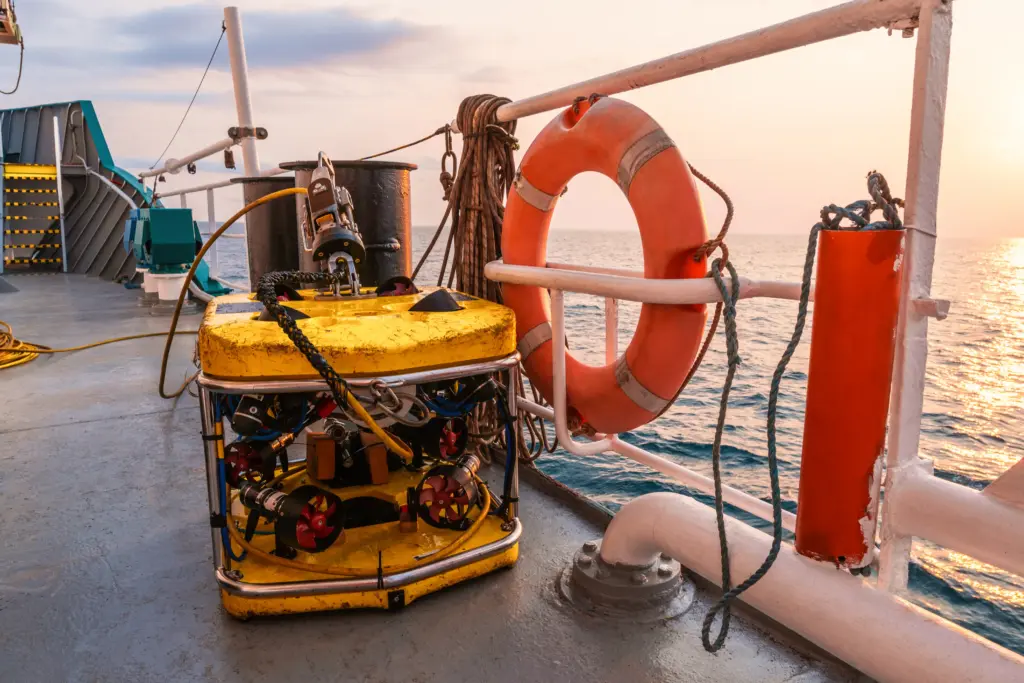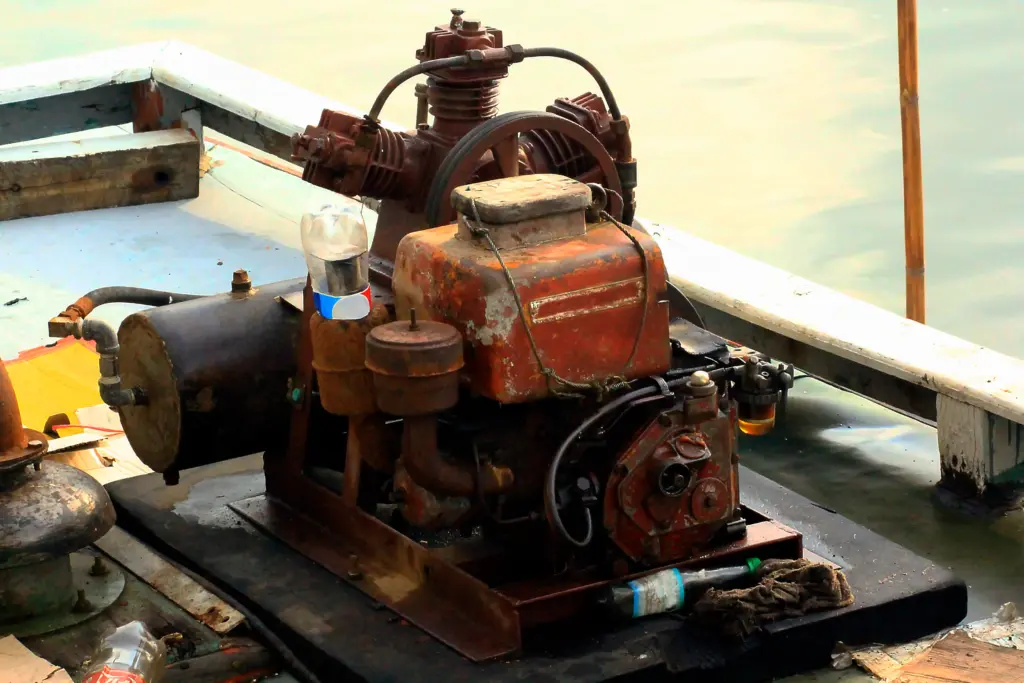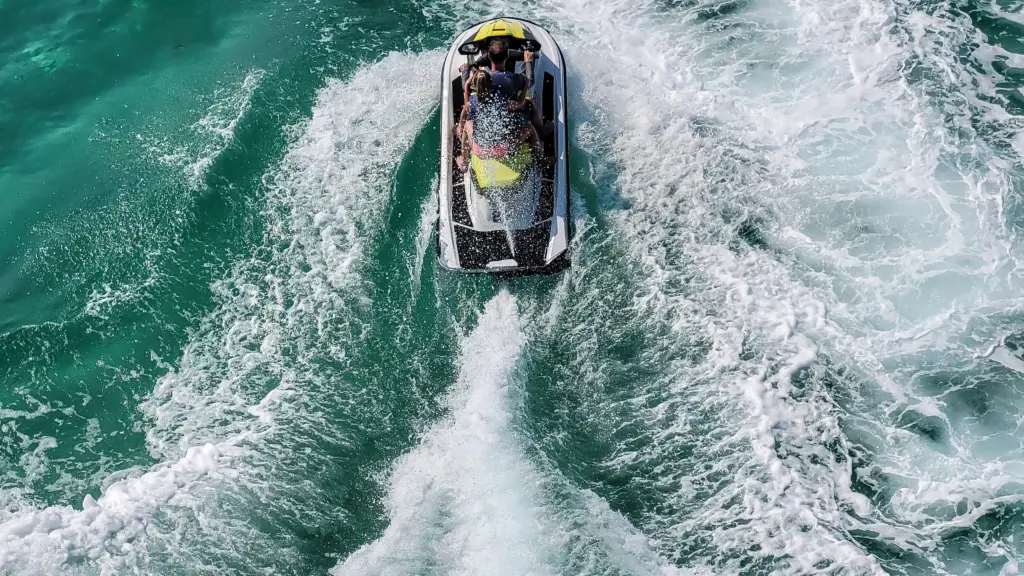For anyone investing in a new or used vessel, one of the most common questions is, how long do boat motors last? The answer depends on a mix of engineering quality, maintenance practices, fuel type, and how often the motor is used. Some motors run reliably for decades, while others wear out in just a few years due to neglect or harsh conditions. Understanding the lifespan of marine engines helps buyers make smarter financial and operational decisions, especially when considering long-term ownership or financing through Float Finance.

Average Lifespan by Engine Type
The type of engine plays a major role in longevity. Outboard motors, which are most common, can typically last between 1,500 and 3,000 operating hours with proper care. Inboard motors often exceed 3,000 hours, thanks to their larger displacement and cooling systems. Diesel engines, used mainly in commercial or large vessels, are built to run tens of thousands of hours when maintained correctly. When asking how long do boat motors last, it’s best to think in hours of operation rather than years, since usage intensity matters more than time alone.
Maintenance and Care Practices
Routine maintenance is the key to longevity. Oil changes, impeller replacements, and cooling system flushes prevent internal wear and corrosion. Boat motors live in one of the toughest environments on Earth, saltwater exposure, vibration, and moisture all take their toll. Neglecting even small maintenance tasks can cut an engine’s life dramatically. Owners who follow manufacturer schedules often see engines exceed expected lifespans by years. Proper maintenance doesn’t just save money; it preserves reliability and resale value.
How Usage Affects Longevity
Engines that are run regularly tend to last longer than those left idle. Periods of disuse can allow seals to dry out and fuel to degrade. Light, consistent use keeps components lubricated and systems clean. Overloading a boat, running at high RPMs for long periods, or operating in shallow or debris-filled waters can reduce lifespan. Understanding how long do boat motors last requires examining both usage patterns and environmental exposure, not just engine age.

Freshwater vs. Saltwater Environments
Saltwater is far more corrosive than freshwater, which is why engines used in coastal areas demand extra protection. Rinsing with fresh water after every use and applying corrosion inhibitors are vital. Many saltwater boaters install flushing systems to circulate clean water through the cooling system after operation. These steps help extend engine life significantly. In freshwater, engines usually enjoy a longer life span, provided maintenance remains consistent.
Fuel Quality and Engine Type
Fuel quality directly affects reliability and engine longevity. Contaminated or low-grade fuel can cause buildup and clog injectors or carburetors. Modern engines rely on clean fuel systems to maintain precise combustion. Ethanol-blended gasoline absorbs moisture, which can harm marine systems if left untreated. Diesel engines, while more expensive upfront, burn cleaner and last longer under heavy use, making them popular for commercial operators.
Technological Improvements in Modern Engines
Modern marine engines have improved significantly over the last two decades. Electronic fuel injection, advanced cooling systems, and corrosion-resistant materials have all contributed to longer life expectancy. According to the National Marine Manufacturers Association (NMMA), today’s engines require less frequent maintenance and produce fewer emissions, while lasting longer than previous generations. Technological progress is one of the biggest reasons why owners now see engines surpass traditional lifespan averages.

Warning Signs of Engine Wear
Knowing the signs of wear helps prevent major failures. Excessive smoke, vibration, or difficulty starting may signal issues such as compression loss or fuel system damage. Monitoring oil color and coolant levels can reveal hidden problems. Early diagnosis and repair not only save money but can also extend the useful life of a motor. Ignoring small issues often leads to expensive overhauls or replacements long before expected.
Professional Maintenance vs. DIY Care
While basic maintenance can be handled by owners, complex tasks such as valve adjustments or electronic diagnostics are best left to certified marine technicians. Regular inspections by professionals ensure that small issues are caught early. For boaters who finance through boat loan pre-approval programs, maintaining proper service records can even protect loan value or warranty coverage. A well-serviced engine is a strong indicator of responsible ownership.
Engine Storage and Seasonal Care
Improper storage is one of the leading causes of reduced engine lifespan. Winterizing a boat includes draining water, stabilizing fuel, and fogging cylinders to prevent corrosion. In warmer climates, periodic startup during storage prevents stagnation. Whether in a marina or dry storage, controlling humidity and ensuring proper ventilation can prevent mold, rust, and electrical damage. Consistent care ensures the engine remains ready for use when the next season begins.

Economic Considerations and Financing
Understanding how long do boat motors last helps in planning financing and long-term ownership costs. A motor with a longer expected life supports better resale value and loan terms. Refinancing through boat refinancing can free up cash for maintenance or upgrades, ensuring the vessel remains efficient and reliable. Strategic financial management makes it easier to own and operate a high-performing motor for many years.
Average Costs Over Time
The cost of maintaining a motor increases as it ages. After about 1,000 hours, components like impellers, gaskets, and fuel lines may need replacement. At 2,000 hours, major service such as piston rings or valve adjustments might be required. While these costs can seem high, they are part of normal engine life. Factoring them into annual budgets ensures no surprises and extends the value of your investment.
Repowering and Engine Replacement
Eventually, even the best-maintained engine reaches the end of its life. Repowering by installing a new motor on an existing hull has become a cost-effective alternative to buying a new boat. Modern engines often offer better performance and fuel efficiency than older models. Financing upgrades through programs like those offered by Float Finance allows owners to modernize their boats without major upfront costs, extending usability for many more years.

Conclusion
So, how long do boat motors last? With consistent maintenance, quality fuel, and responsible operation, most can run reliably for thousands of hours. Advances in technology and materials have made modern engines more efficient, durable, and eco-friendly than ever. Whether you are buying new, repowering, or refinancing, understanding engine lifespan helps protect your investment. Through reliable financial programs at Float Finance, boaters can enjoy performance, peace of mind, and longevity on every voyage.
